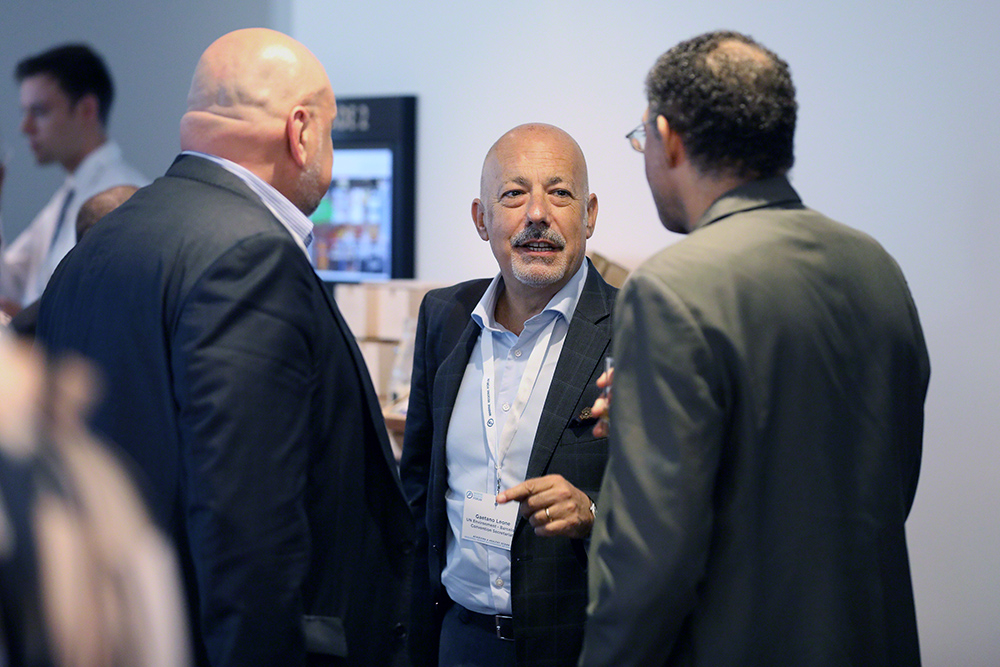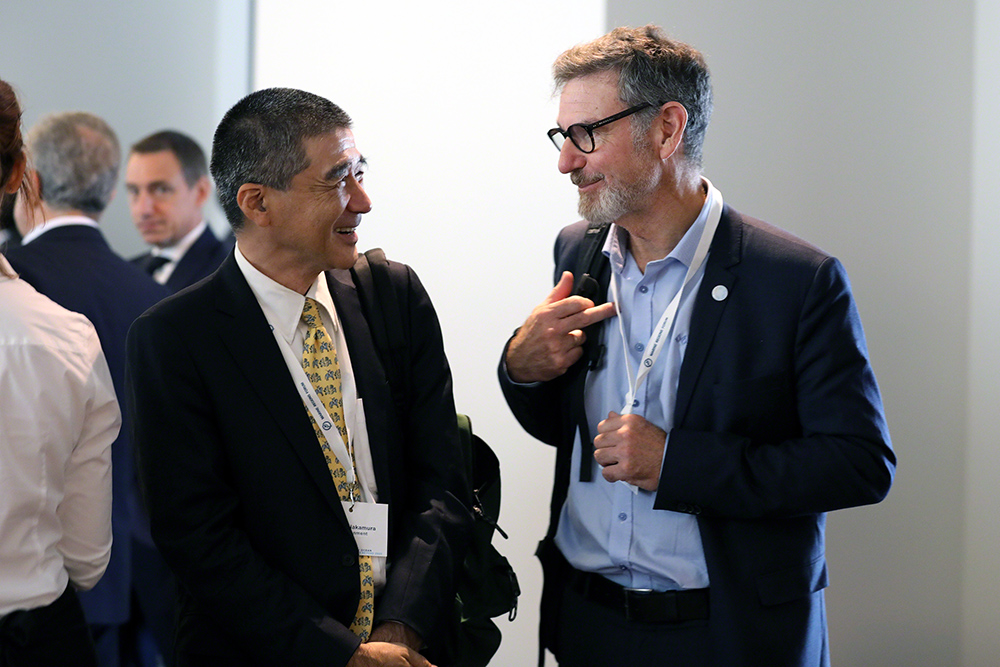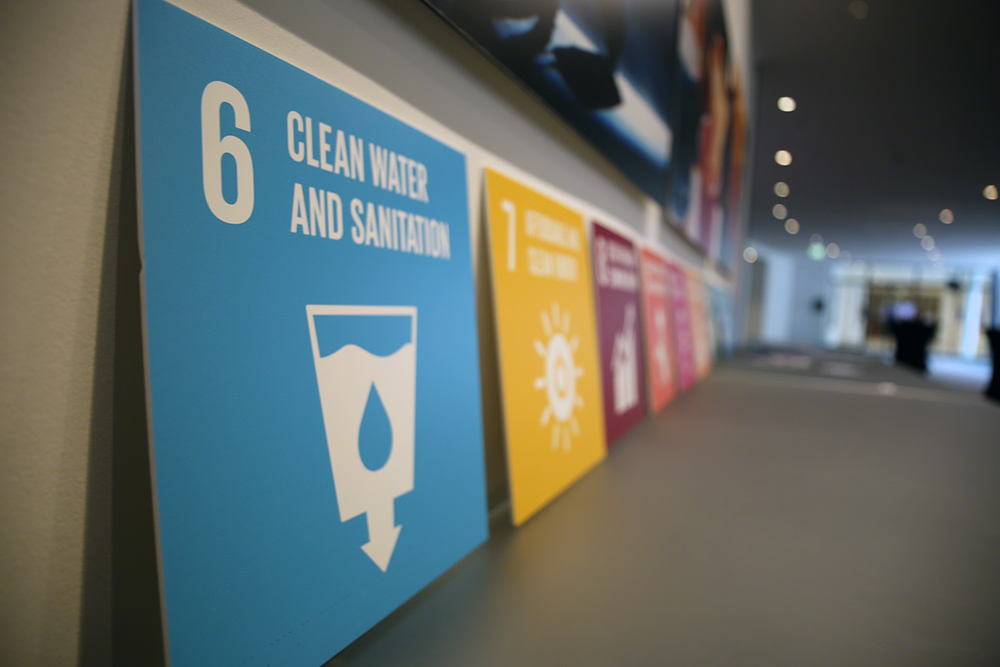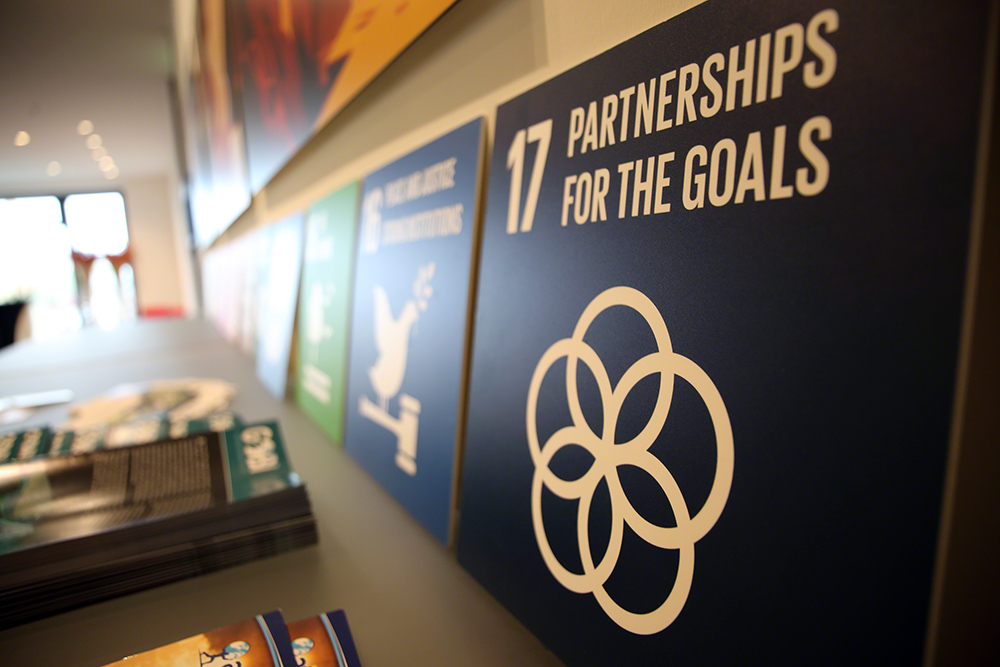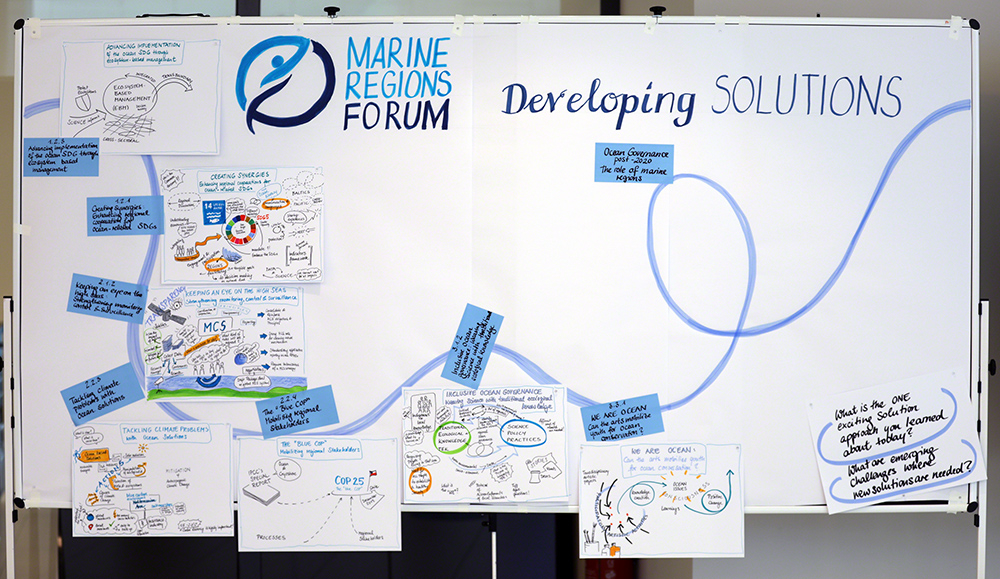Summary
Highlights for Tuesday, 1 October 2019
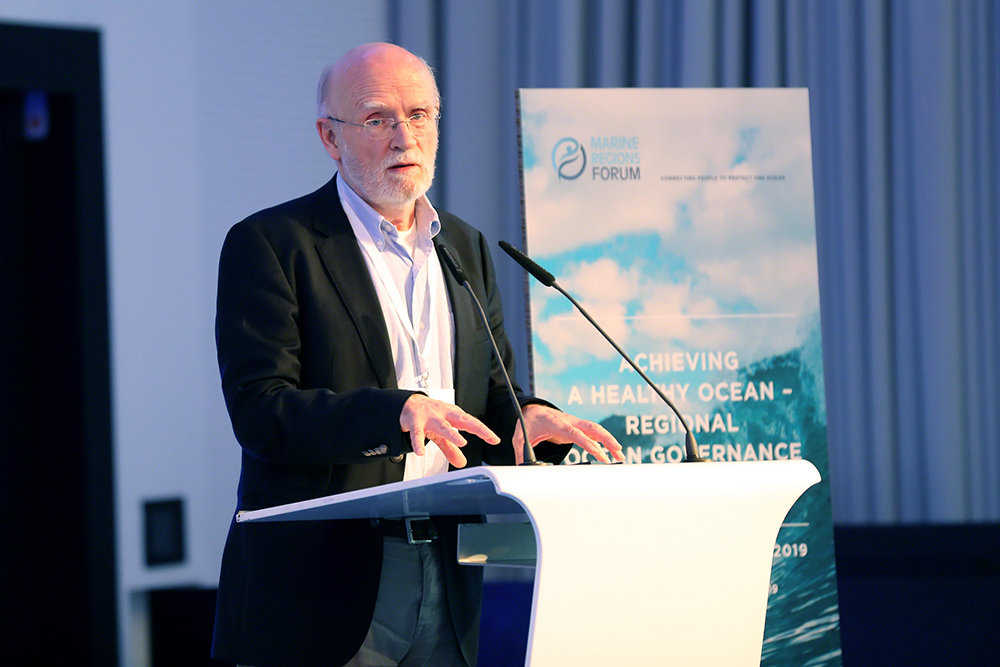
On Tuesday morning, participants to the Marine Regions Forum met in parallel dialogue sessions. In the afternoon, the plenary focused on the role of marine regions in post-2020 ocean governance.A dialogue session on enhancing regional cooperation for ocean-related Sustainable Development Goals (SDGs) discussed different regional models that take into account synergies and trade-offs between SDG 14 and other SDGs. Sebastian Unger, Institute for Advanced Sustainability Studies (IASS), called for reflection on: promoting visibility for the regional level in global discussions; and using the SDGs as an integration driver to improve regional governance. David Obura, CORDIO East Africa, presented on the SDGs as a narrative for identifying synergies across scales. Yoshinobu Takei, UN Department of Economic and Social Affairs (DESA), provided an overview of developments leading up to the 2020 UN Ocean Conference. The session also featured regional-level case studies and roundtable discussions on lessons learned from different regional models. A dialogue session on tackling climate problems with ocean solutions discussed challenges for advancing ocean-based climate solutions and identifying tangible options for increased regional cooperation. Jean-Pierre Gattuso, Institute for Sustainable Development and International Relations (IDDRI), presented findings from an assessment of ocean-based measures, such as ocean-based renewable energy or coastal vegetation to enhance greenhouse gas storage. Abou Bamba, Abidjan Convention Secretariat, shared experiences from the adoption of the Calabar Protocol on Sustainable Mangrove Management, noting it is the first international legal instrument dedicated to mangroves. A dialogue session on mobilizing regional stakeholders for the “Blue COP” focused on concrete solutions for better integrating ocean issues in the climate regime. Kristian Teleki, World Resources Institute, provided a snapshot of the 2019 UN Climate Action Summit and shared findings from a recent report by the High-level Panel for a Sustainable Ocean Economy. Joanna Post, Secretariat of the UN Framework Convention on Climate Change (UNFCCC), pointed to relevant UNFCCC processes to address ocean issues and indicated that the 2019 Nairobi Work Programme Focal Point Forum taking place during COP 25 will focus on oceans. In a dialogue session on weaving science with traditional knowledge, Elle Merete Omma, Saami Council, spoke about the Ottawa Principles and the understanding of the Arctic Council that indigenous knowledge and science are “different yet complementary systems and sources of knowledge.” Participants explored topics including: how traditional knowledge integration at regional level contributes to a stronger ocean governance; and mechanisms, tools, and principles needed to better integrate traditional knowledge into science-policy processes. In a keynote address to plenary, Hans-Otto Pörtner, Co-Chair of Working Group II of the Intergovernmental Panel on Climate Change (IPCC), presented key findings of the IPCC Special Report on the Ocean and Cryosphere in a Changing Climate. Peter Thomson, UN Secretary-General’s Special Envoy for the Ocean, via video message, stressed the need for a radical transformation of consumption and production patterns, and noted that the Marine Regions Forum can be central to the development of a strategic approach bringing together different ocean-related processes while recognizing specific regional priorities and needs.Waldemar Coutts, Ambassador of Chile to Norway and Iceland, drew attention to the integration of ocean issues at the upcoming climate COP. David Johnson, Coordinator of the Global Ocean Biodiversity Initiative, shared views on integration of marine issues in the discussions on a post-2020 global biodiversity framework. Charlotte Karibuhoye, MAVA Foundation, West Africa, stressed challenges in western African countries, including lack of capacity to domesticate and implement existing regional instruments on coastal management and fisheries. Andreas Papaconstantinou, European Commission, highlighted that the ocean will remain a priority on the EU agenda, including in terms of research funding. Kristina Gjerde, IUCN, reflected on the status of negotiations on marine biodiversity in areas beyond national jurisdiction, and emphasized establishing a strong mandate for reporting on regional progress at the global level.Sébastien Treyer, Executive Director, IDDRI, concluded the discussion highlighting that 2020 is a year of opportunity for regional organizations, while challenges involve leadership, implementation mechanisms, and strategic use of knowledge.
IISD Reporting Services, through its ENB+ Meeting Coverage, provided daily web coverage and a summary report from the Marine Regions Forum 2019. The summary report is available in HTML and PDF.
Photos by IISD/ENB | Mike Muzurakis
For photo reprint permissions, please follow instructions at our Attribution Regulations for Meeting Photo Usage Page
Plenary Session
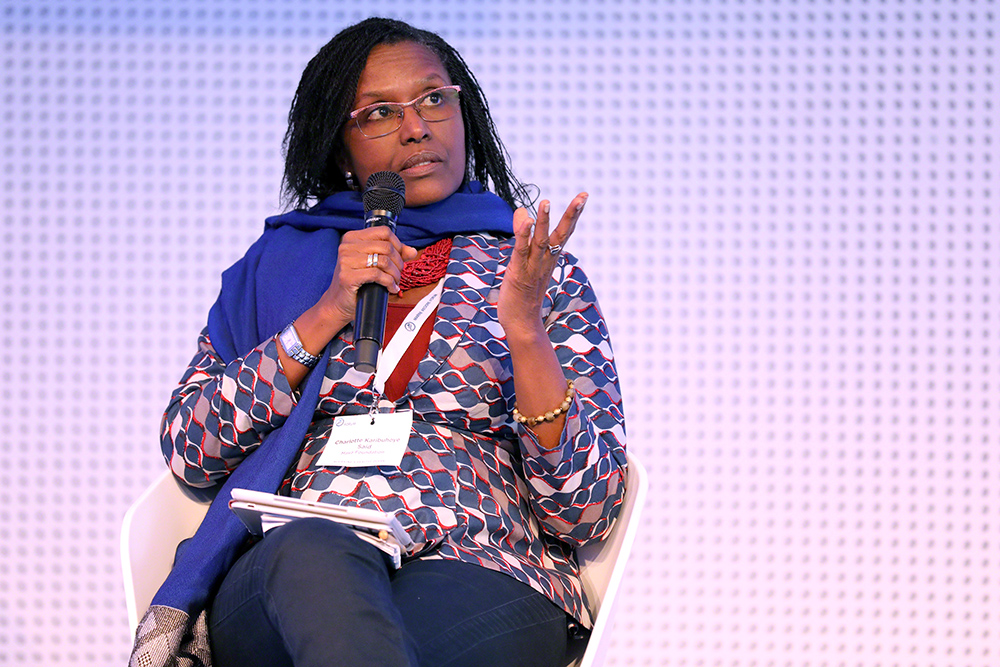
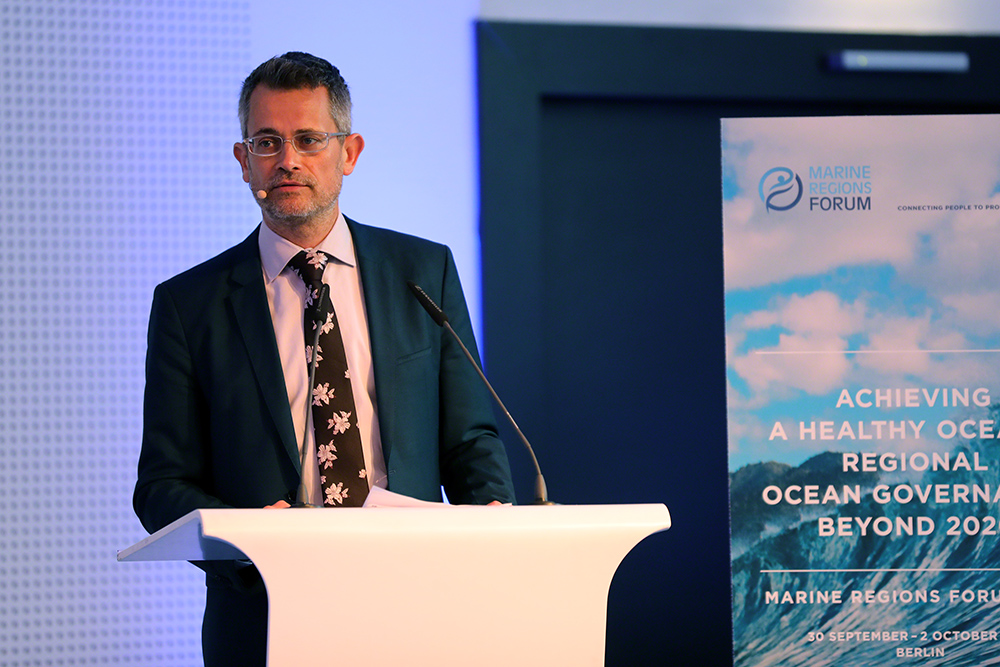
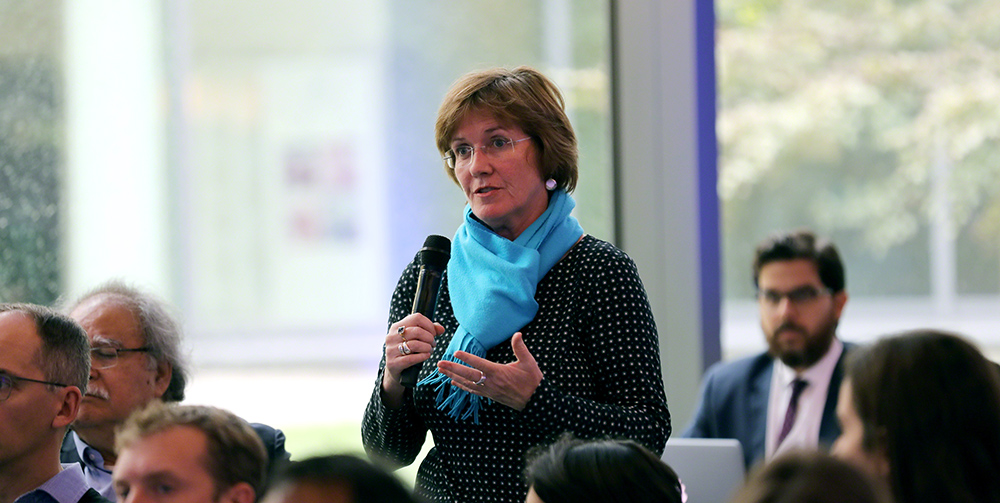
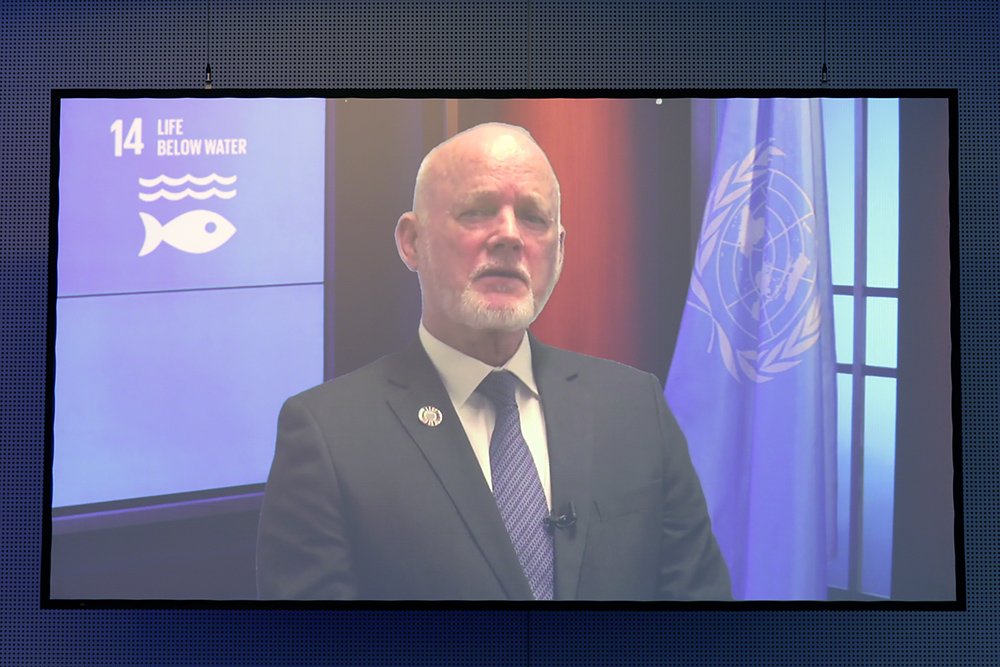
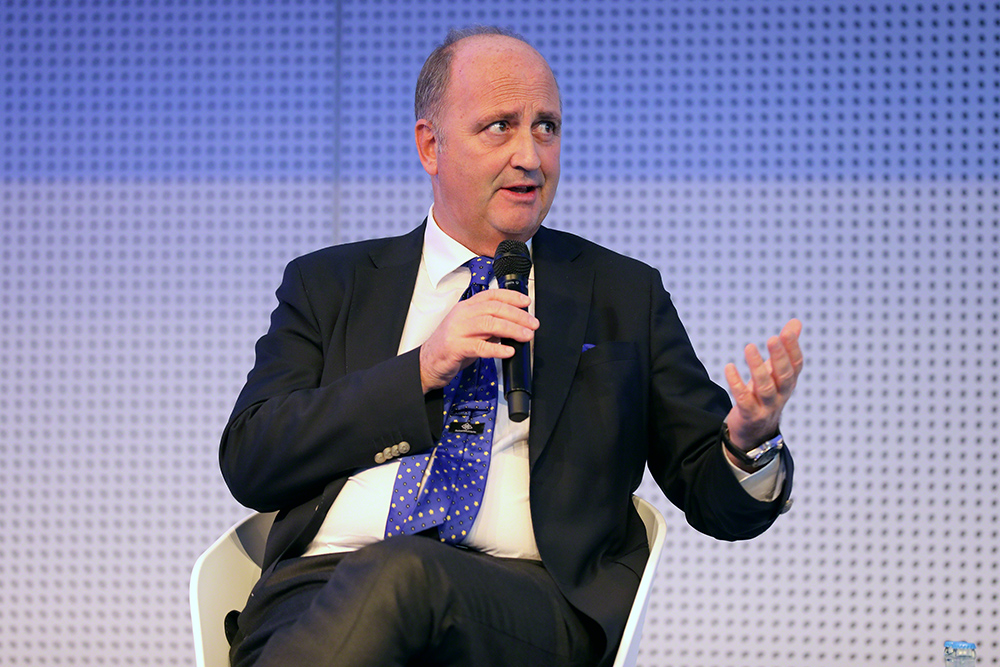
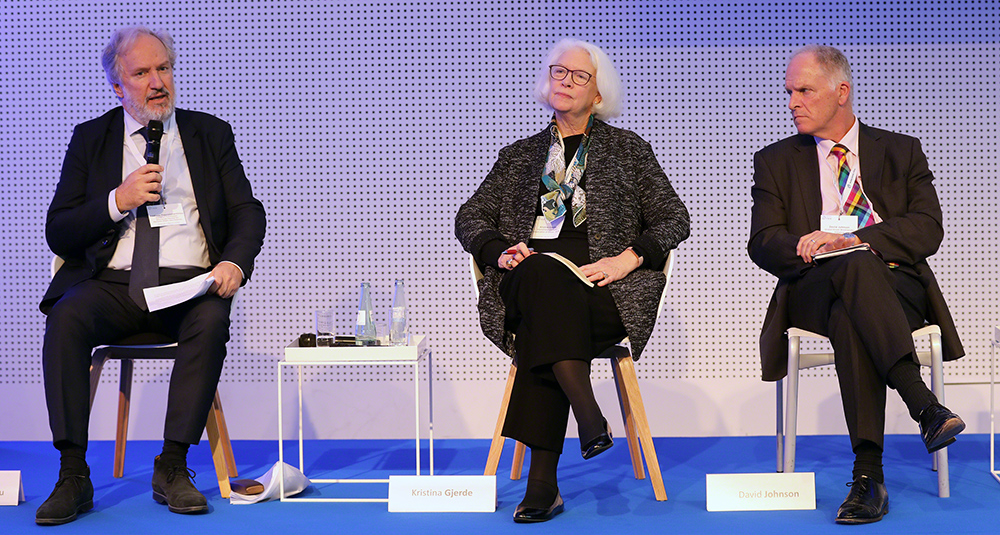
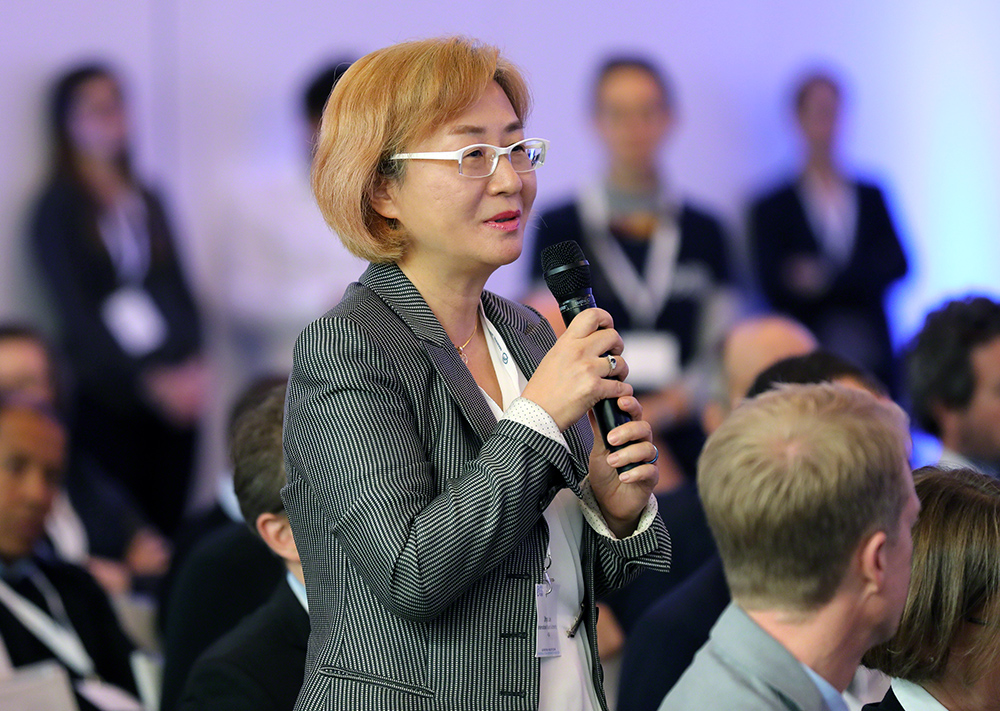
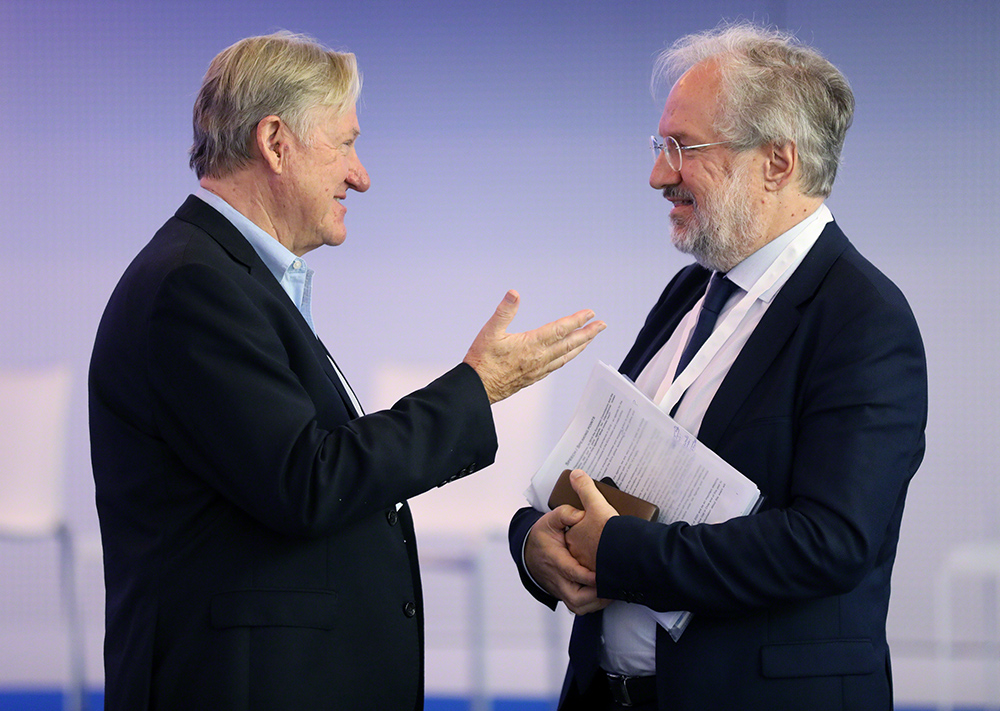
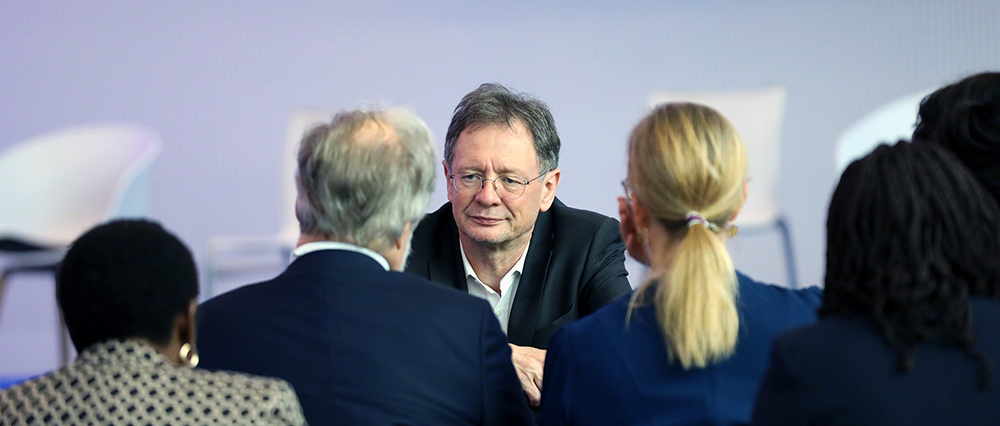
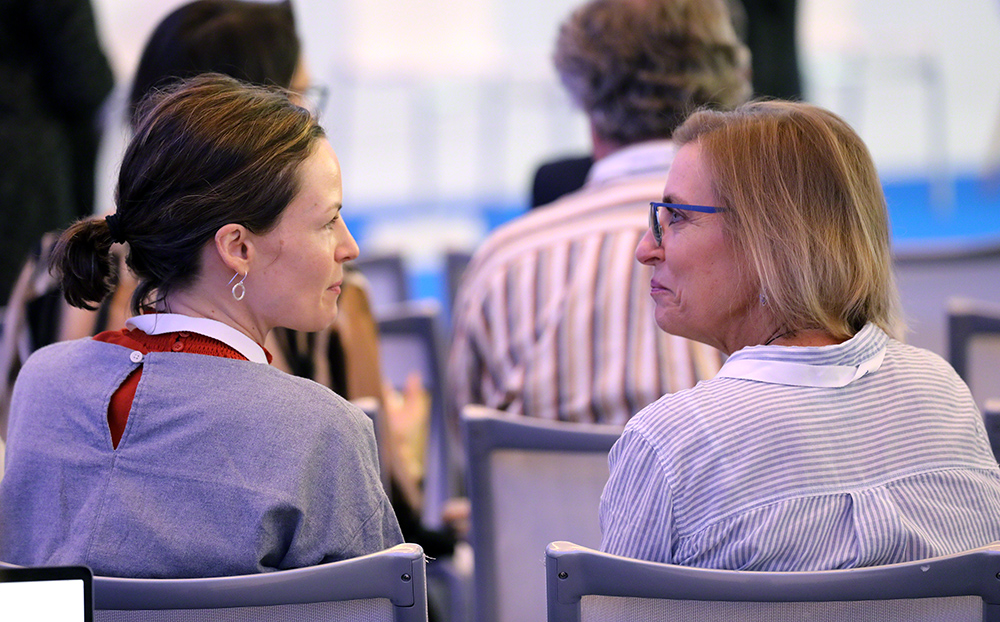
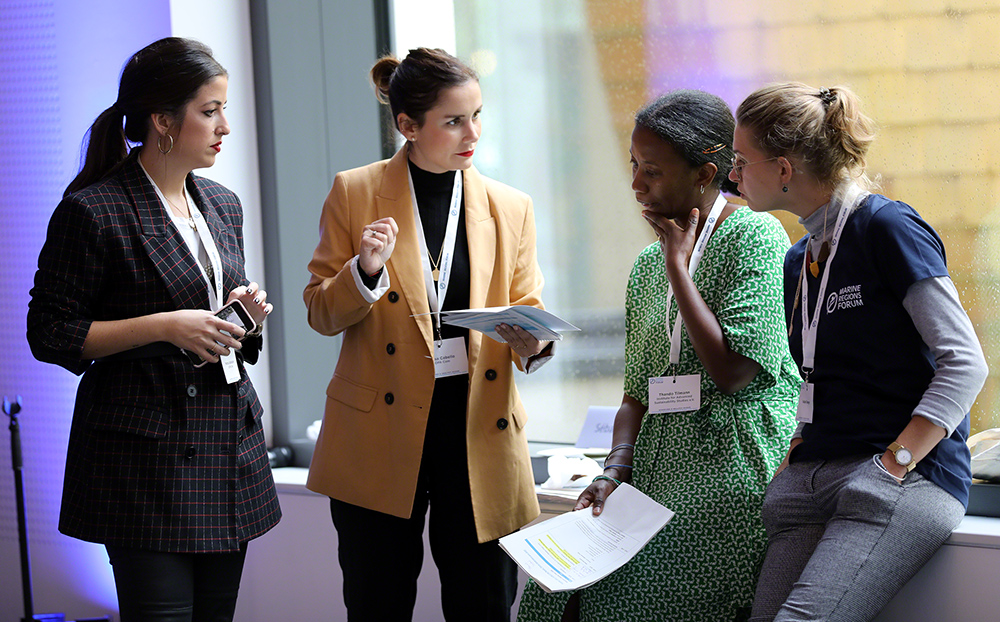
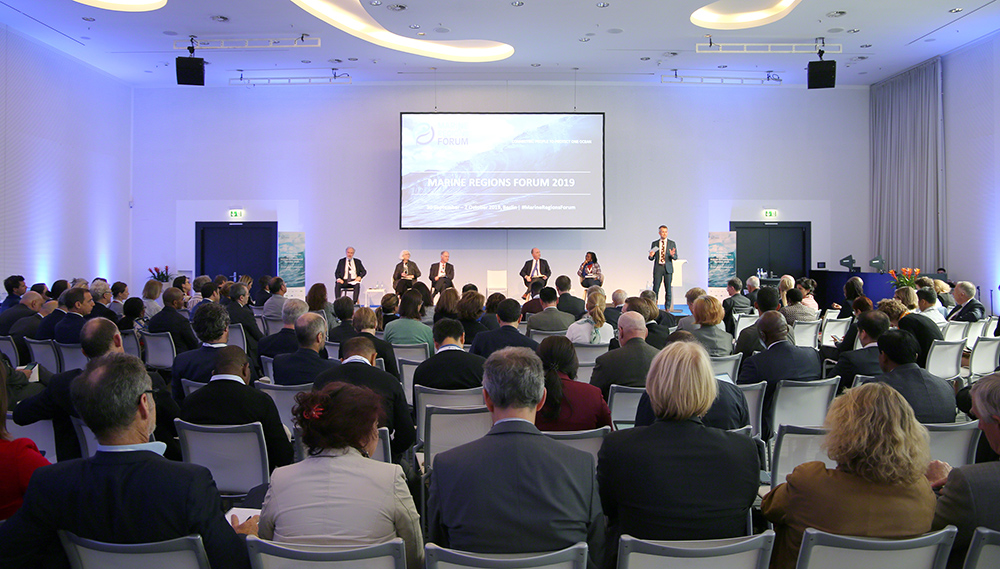
Dialogue Sessions
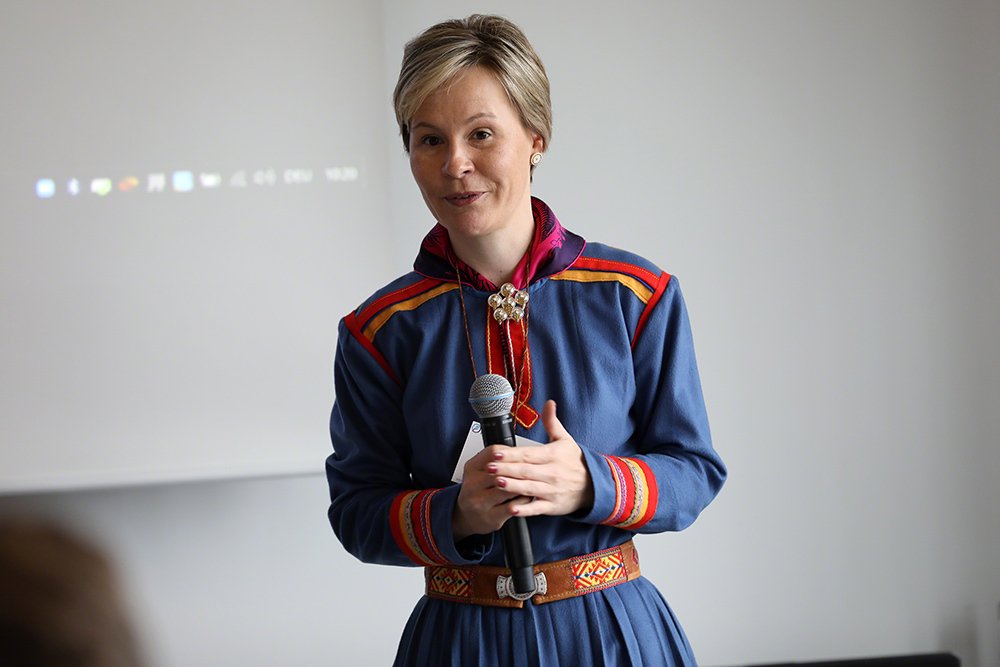
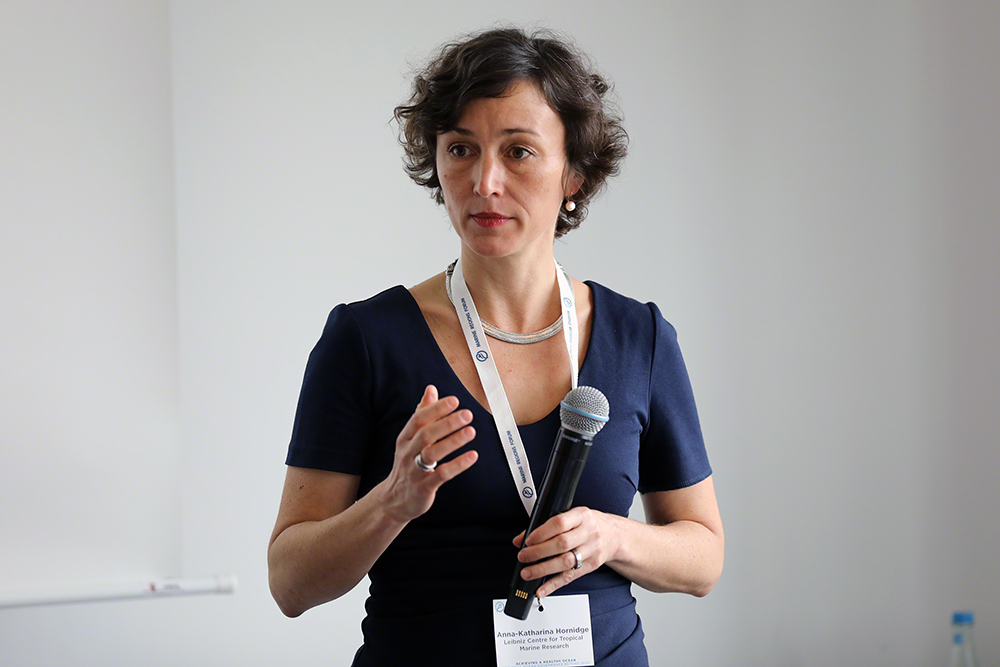
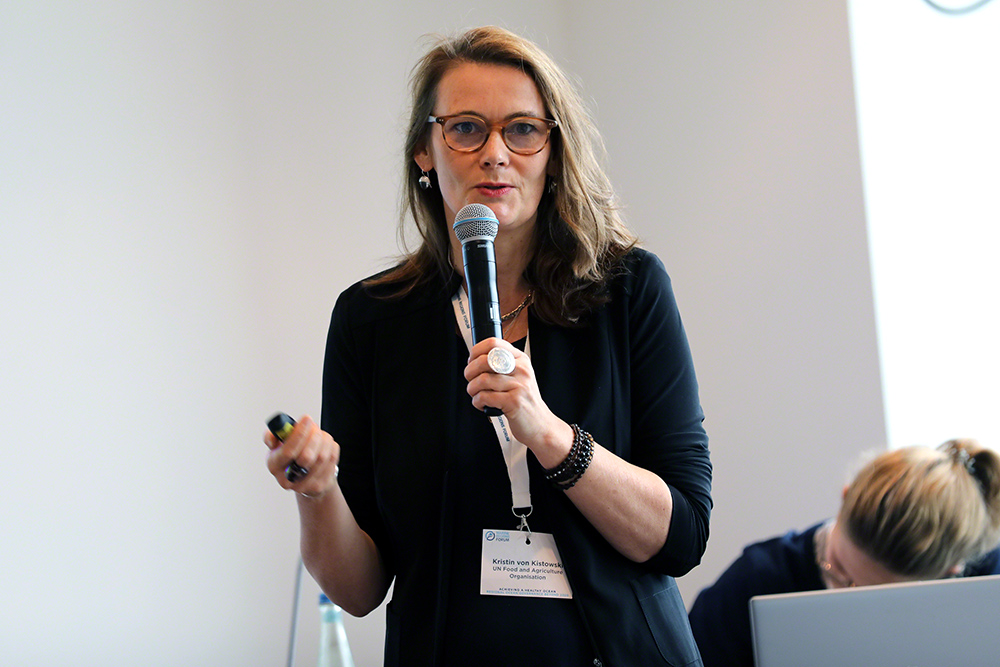
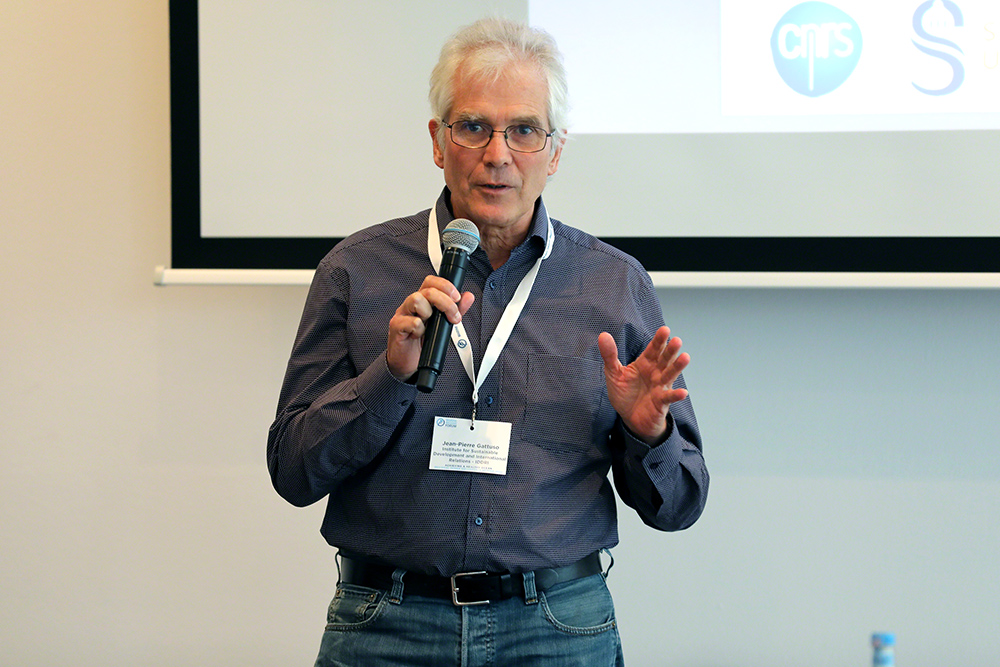
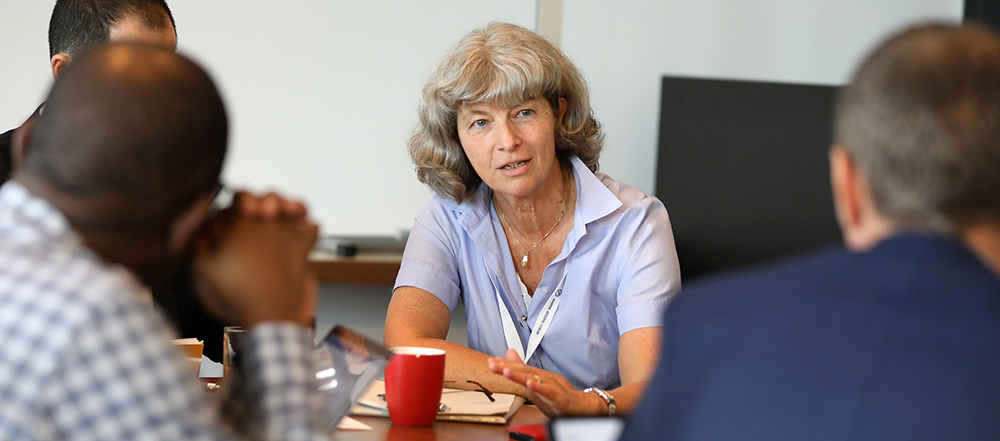
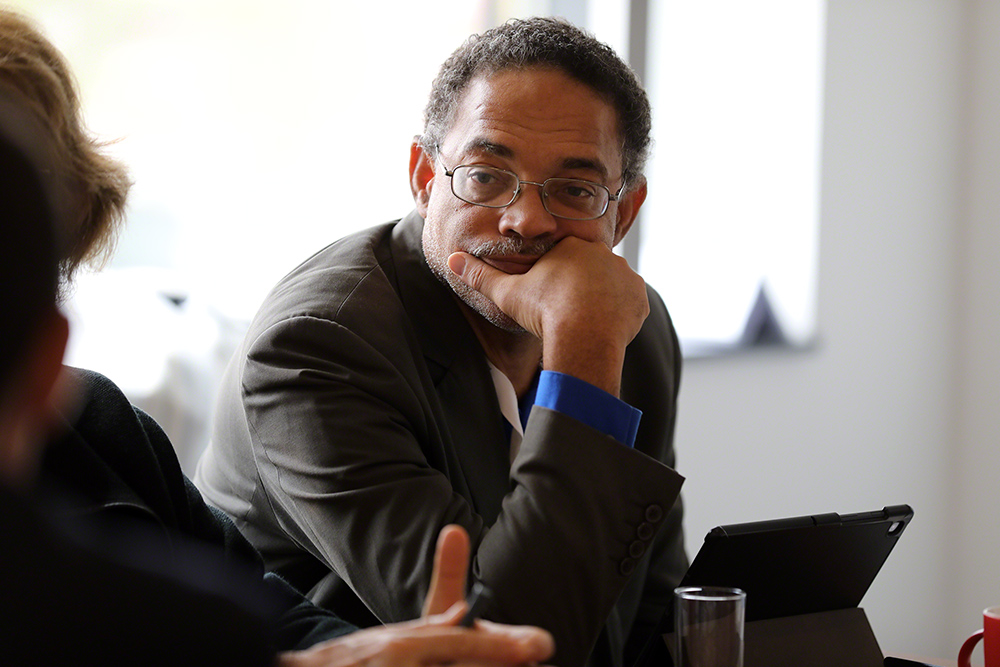
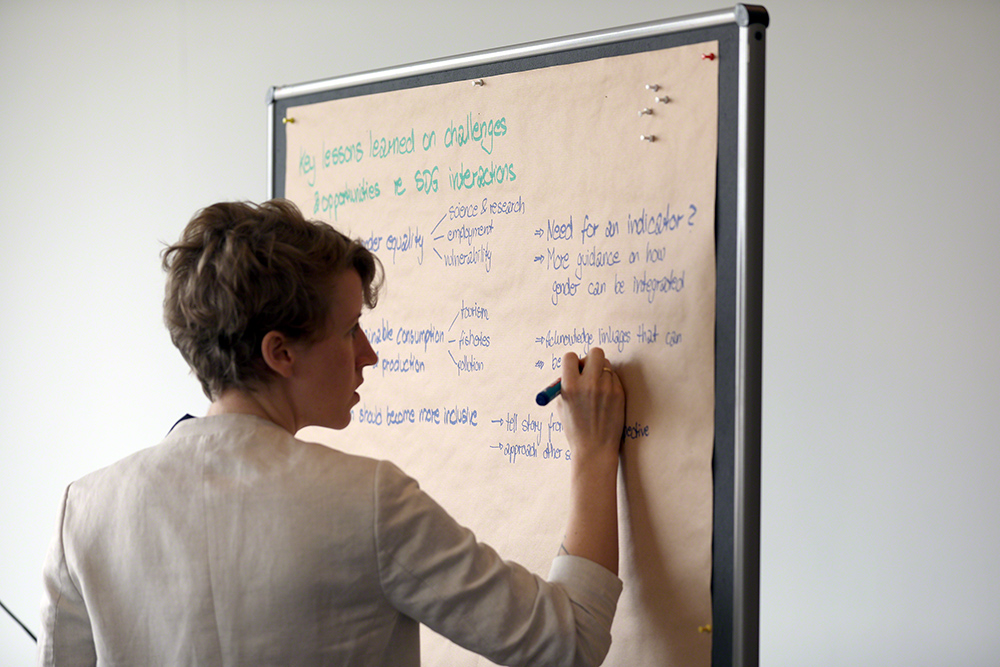
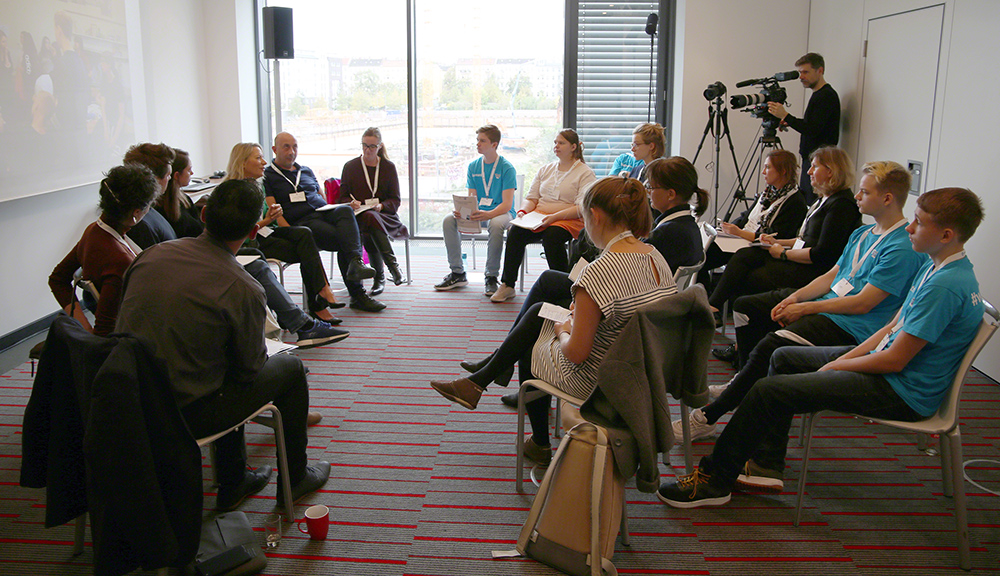
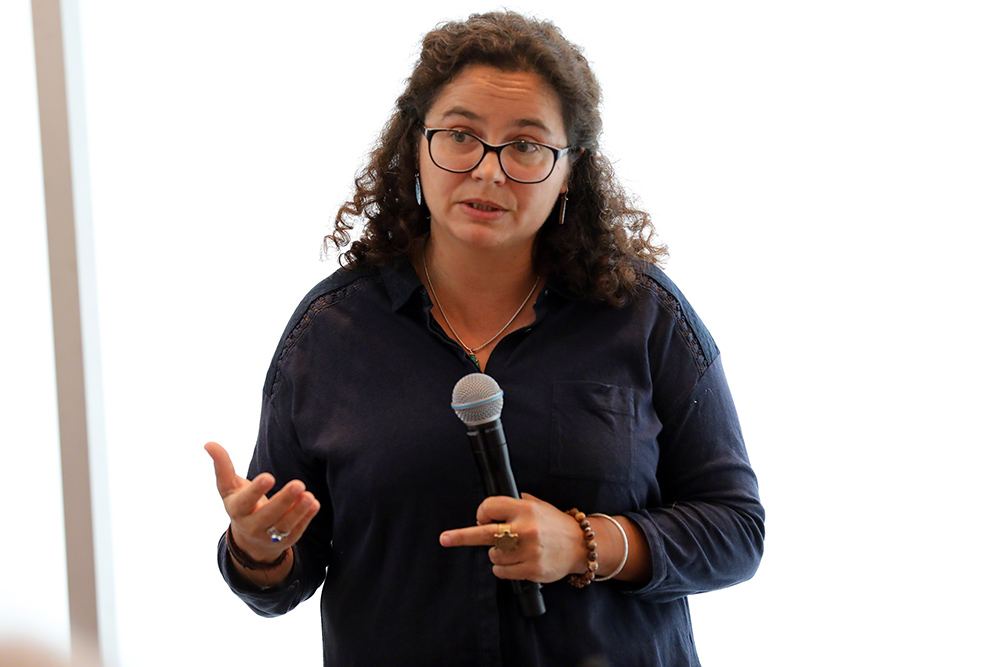
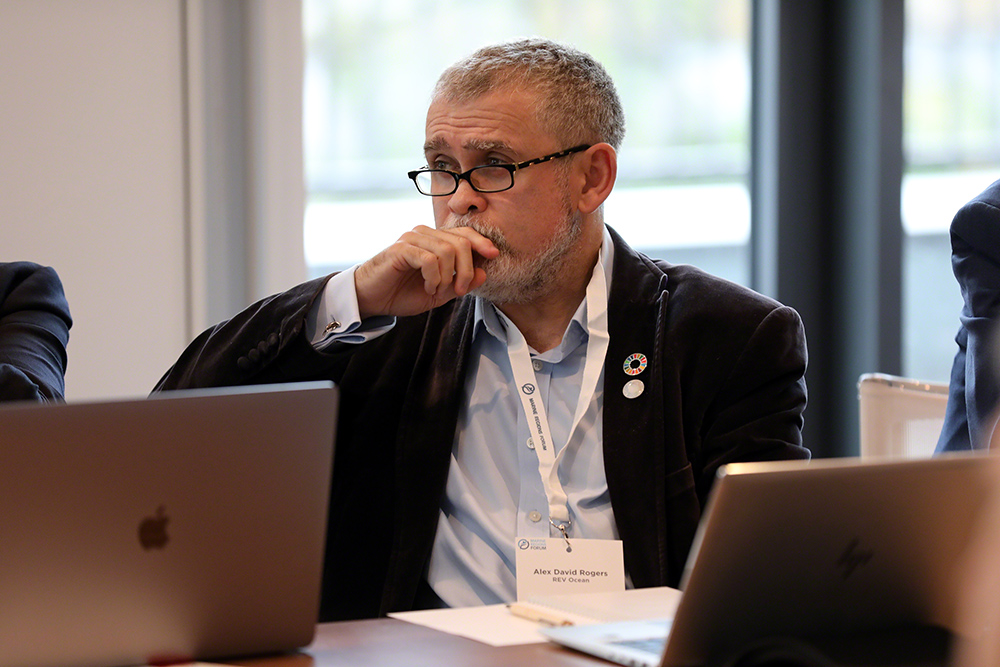
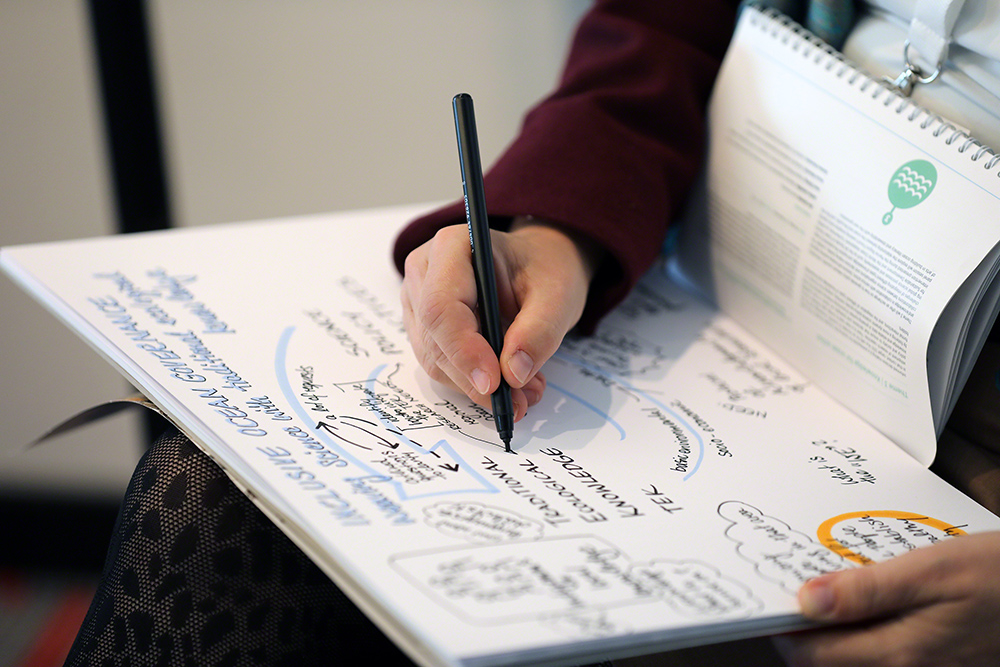

Around the Venue
